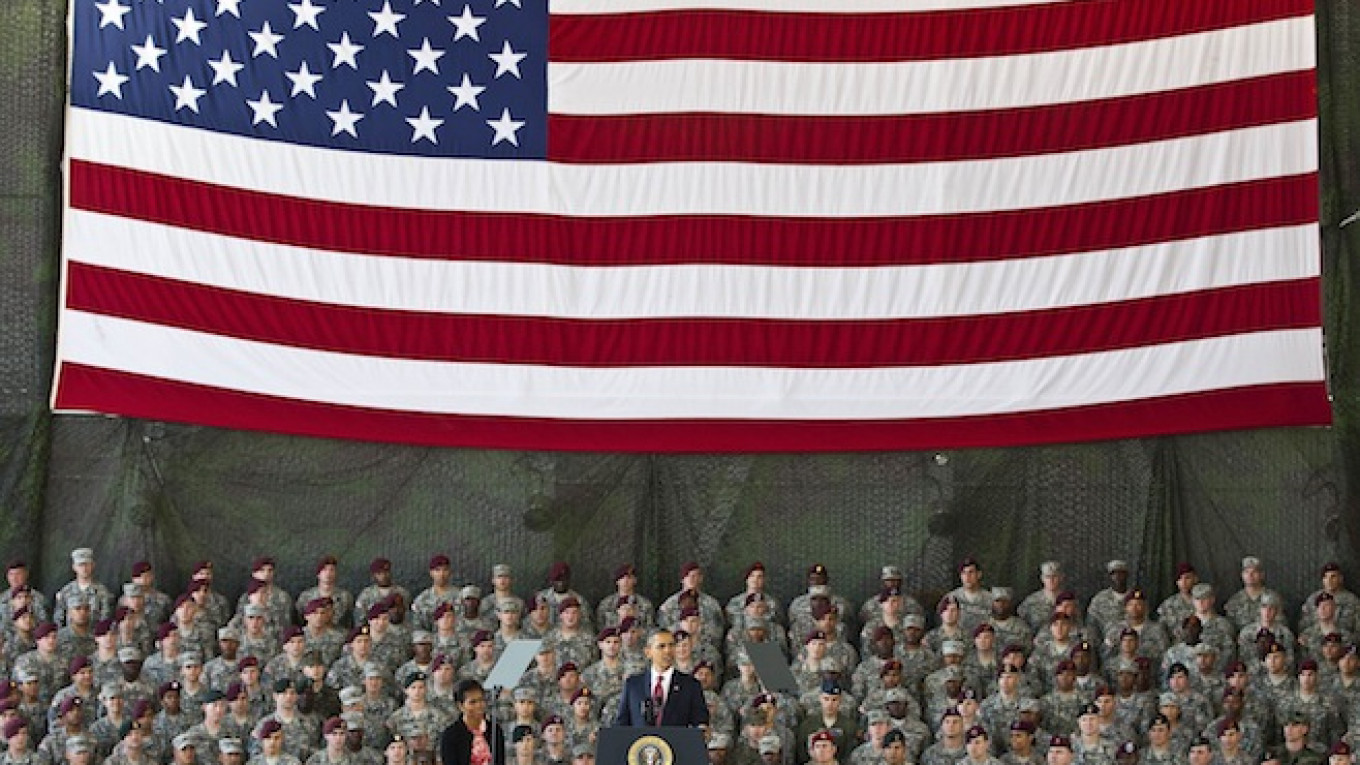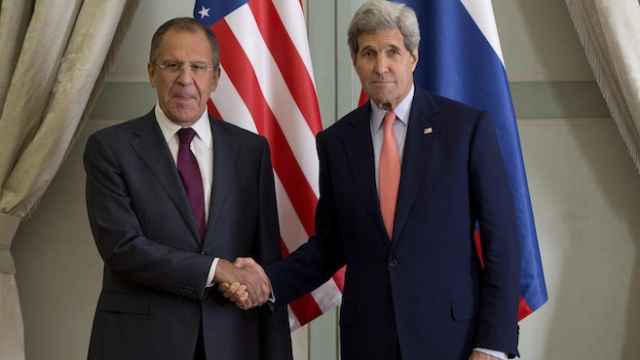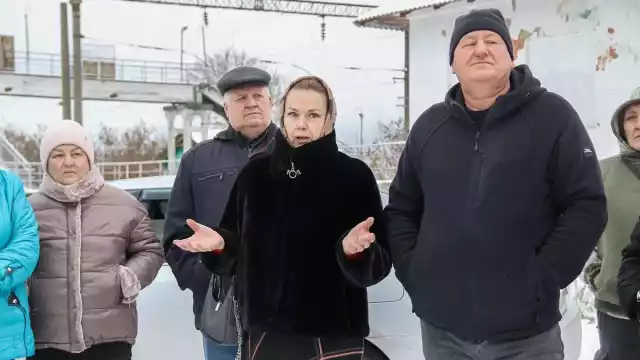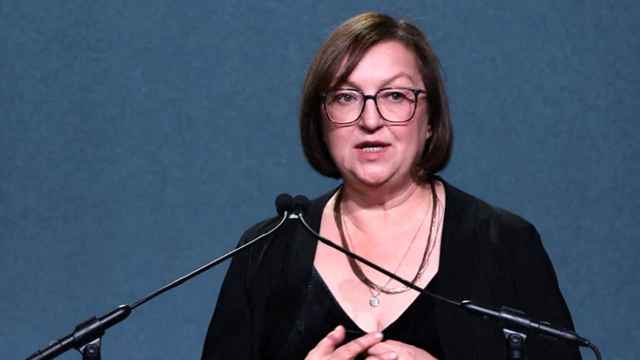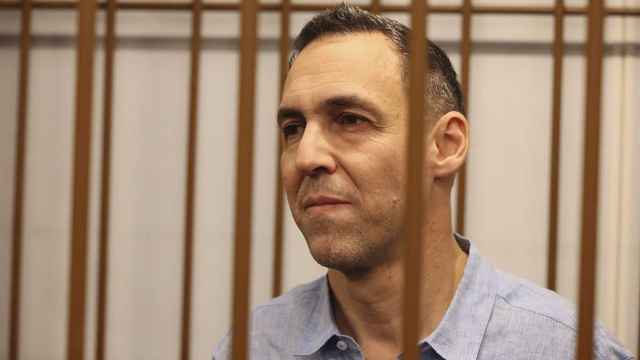Nearly a quarter of Russians believe that the United States poses a bigger terrorist threat to their country than radical Islamists, a survey published Tuesday showed.
Twenty-two percent of respondents to the poll by the state-run All-Russia Public Opinion Research Center (VTsIOM), titled “Terrorist Threats Against Russia: New Sources,” said the U.S. was the most likely source of a terrorist attack, compared with a mere 4 percent who felt that way a year ago.
Islamic extremists came in second in the ranking of the biggest threat to Russians, with 13 percent of respondents citing them as the biggest threat.
Ukraine — which had never before been cited in previous surveys on terrorism — came in third, with 7 percent saying the neighboring country was a possible source of a terrorist attack on Russia.
Russia has been at loggerheads with the new leadership in Kiev and its Western allies ever since the ouster of Kremlin-backed President Viktor Yanukovych in February and Russia's annexation of Crimea a month later.
In the ensuing information war, Russian state media widely referred to the new Ukrainian government as a “fascist junta” and Kiev's Maidan protesters as consisting of neo-Nazis and Right Sector ultranationalists intent on exterminating ethnic Russians.
Whereas the North Caucasus used to be considered one of the biggest threats to Russians in previous years — with 20 percent naming it as a potential source of terrorism a year ago — now a mere 3 percent say it threatens Russians' security.
Russian authorities have battled an Islamic insurgency in the turbulent region for decades, and shootouts between security forces and militants still occur there regularly.
The survey by VTsIOM was conducted before a suicide bombing in Grozny on Oct. 5 that killed five policemen and injured a dozen others.
While Russian perceptions on terrorist threats have changed considerably, so has their level of confidence in the authorities.
“Russians have never felt safer over the entire period that [VTsIOM] has been conducting such surveys, since 2002,” a statement on the pollster's website said.
Sixty-eight percent said they were confident in the ability of Russian authorities to prevent a terrorist attack, compared to 20 percent who said authorities probably could not protect the public and 3 percent who said they definitely could not.
In January, in the wake of the Volgograd bombings that killed 32 people, only 23 percent of respondents were confident in the ability of authorities to protect the public.
Forty-three percent said the situation concerning terrorism had improved somewhat, and 15 percent said it had improved considerably. In January, 57 percent had said the situation had not changed at all.
In comments to the Kommersant business daily published Tuesday, Anatoly Yermolin, a veteran officer of the Federal Security Service's Vympel group, said the public's increased confidence likely stemmed from the successful holding of the Olympic Games in Sochi.
Valery Fedorov, head of VTsIOM, said a bigger factor in the changed perceptions was the belief that authorities were in control of the situation.
“People have started to see the problem of terrorism as something that is easily resolvable, basing this on the notion that our authorities' abilities have increased,” Fedorov was cited as saying.
Yermolin expressed bafflement at how the U.S. could be seen in the context of terrorism, however.
“I don't understand how a normal person can say that the U.S. and Ukraine are terrorist threats to Russia,” Yermolin said in comments to Kommersant.
The survey was conducted from Sept. 13-14 among 1,600 people in 42 Russian regions. It had a margin of error no greater than 3.4 percent.
Contact the author at [email protected]
A Message from The Moscow Times:
Dear readers,
We are facing unprecedented challenges. Russia's Prosecutor General's Office has designated The Moscow Times as an "undesirable" organization, criminalizing our work and putting our staff at risk of prosecution. This follows our earlier unjust labeling as a "foreign agent."
These actions are direct attempts to silence independent journalism in Russia. The authorities claim our work "discredits the decisions of the Russian leadership." We see things differently: we strive to provide accurate, unbiased reporting on Russia.
We, the journalists of The Moscow Times, refuse to be silenced. But to continue our work, we need your help.
Your support, no matter how small, makes a world of difference. If you can, please support us monthly starting from just $2. It's quick to set up, and every contribution makes a significant impact.
By supporting The Moscow Times, you're defending open, independent journalism in the face of repression. Thank you for standing with us.
Remind me later.


